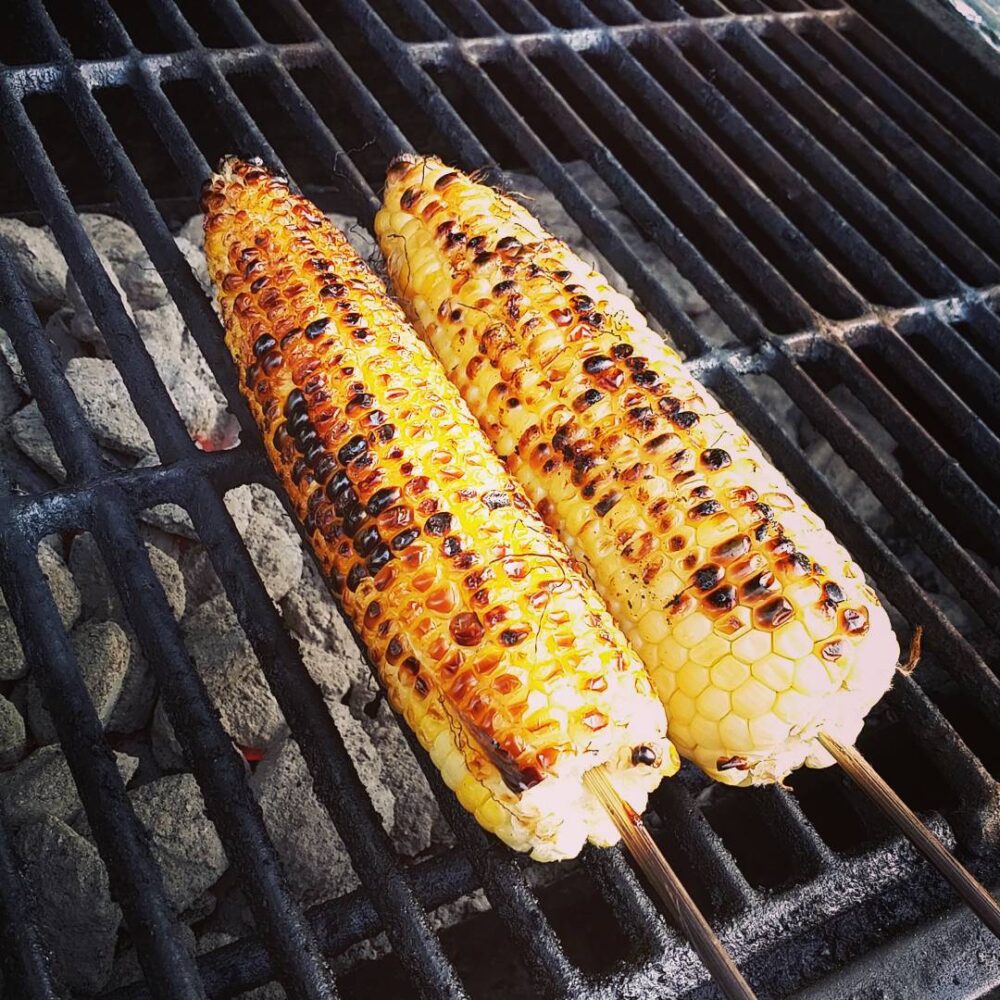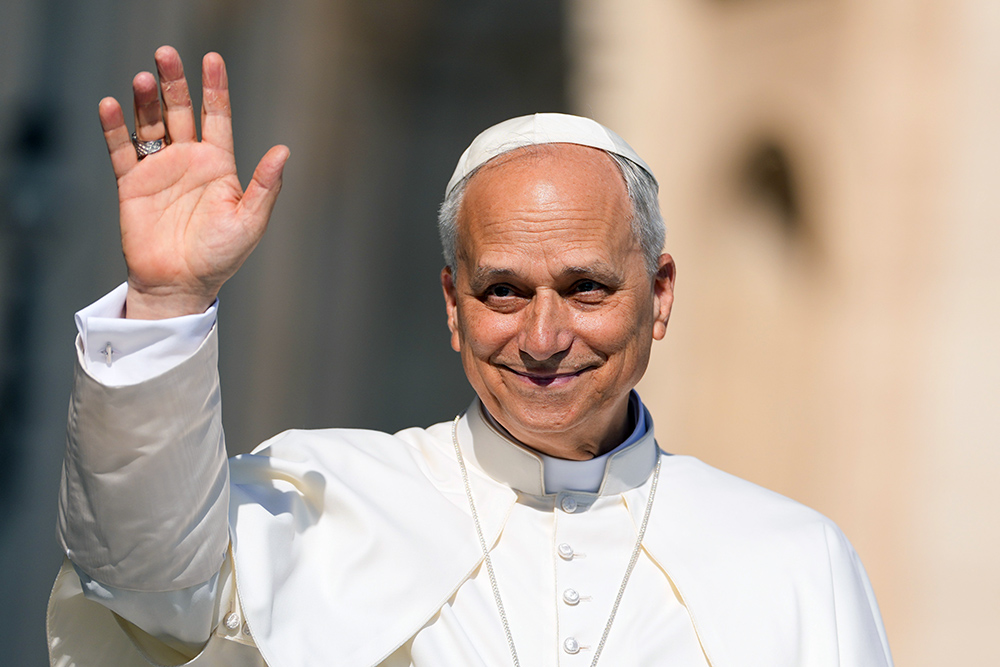Charred golden-brown kernels popping, seasoned and salted. Eating, are boda boda guys leaning on their bikes, students with borrowed coins, CEOs pretending to chew quietly behind tinted Prados.
This cob my friend, is heaven. It’s survival wrapped in smoke. It is the equalizer of a hungry nation.
For 30 bob, sometimes 50 if you’re unlucky, you’re not just buying maize. You’re buying a break from madness. A chew in traffic. A crunch that silences matatu horns. A snack that makes you forget, if only for a minute, the pressures of life. In the city, maize is peace of mind. In shagz, it’s family wealth. In between? It’s the one snack that takes all burdens away.
Ugali is maize that surrendered to the poshomill. Githeri is maize that went to boarding school. But roasted maize? That’s maize in full Kenyan mode. Raw, bold and nothing fancy. Addictive like beauty parlour gossip, rebellious like Nairobi weather.
Vendors know this hustle well. One sack of cobs roasted to perfection can pay school fees, buys tokens, even funds a chama. They roast with confidence, turning each cob like a DJ spinning records. Until policies strike. Drought hits, prices jump, maize shortage bites, and suddenly your vendor breaks the news: “ata mahindi imepanda bei!” You laugh, but you still buy.
And here’s the beauty. Roasted maize is the only food where we all become equal citizens. A clerk rushing to the office, a baddie catching her breath, even the President sneaking a cob before addressing a rally. All of them, chewing, blowing on burnt lips, pretending it’s not that hot. The cob makes us one.
Then comes the never ending debate. Do you take it plain, sprinkle salt or drizzle some lemon juice and pili pili mix? Whatever your choice is, roasted maize never loses its crown as the ultimate Kenyan comfort food.
Because in this cob there’s a hustle story, a hunger cure, a hope refill and a roadside therapy session. Proof that 30 bob can still hold a nation together, one smoky bite at a time.










